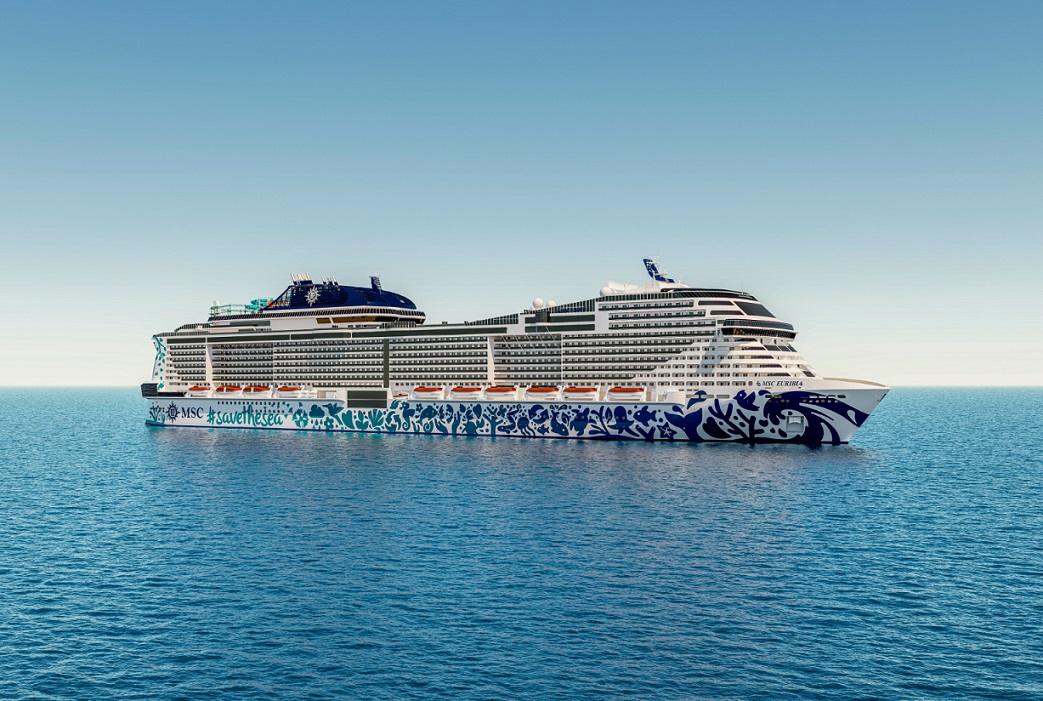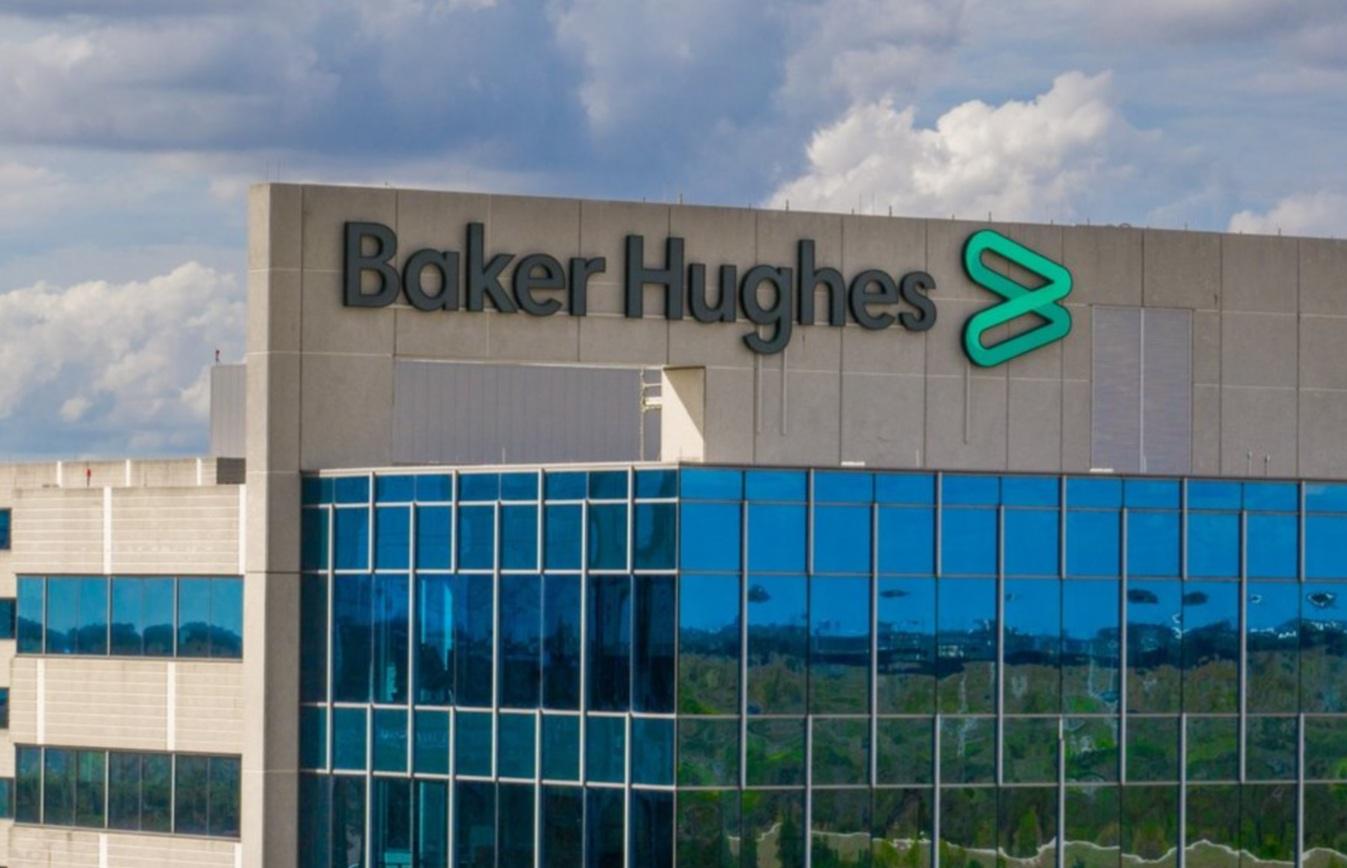MSC to Launch First Ever Net Zero Cruise
MSC Cruises, the cruise division of MSC Group, announced plans to operate the first-ever net zero cruise, powered by bio-liquefied natural gas (LNG), on its new flagship, MSC Euribia.
The company aims to prove that it’s possible to achieve net zero cruising, and the vessel will sail for four days between France and Denmark, departing on June 3.
Pierfrancesco Vago, Executive Chairman of the Cruise Division of MSC Group, said:
“This industry-first net zero gas emissions voyage of our latest flagship MSC Euribia heralds another significant step on our decarbonization journey and demonstrates more than anything the extent of our commitment.”
MSC Cruises said that it purchased 400 tons of bio-LNG for the journey, making it the first deep sea ocean cruise operator to use bio-LNG, with its significant lifecycle emissions reductions.
Biogas is generated from diverse forms of organic waste, resulting in a renewable and eco-friendly fuel sourced entirely from local feedstocks. It can be further processed to produce biomethane/bio-LNG, chemically identical to fossil-based natural gas, but with substantially lower lifetime greenhouse gas emissions, supporting the decarbonization of hard-to-abate sectors such as road transport and heavy industry, without needing to replace existing transmission and distribution infrastructure.
The upcoming net zero voyage will use bio-LNG through a mass-balance system for optimum environmental efficiency. The entire supply chain will comply with the European Union’s Renewable Energy Directive (RED II), with all the bio-LNG batches certified for sustainability.
Michele Francioni, SVP, MSC Cruises, said:
“This is just the beginning. We are committed to this transition and putting in place everything we can do to facilitate it. It cannot be done without alternative fuels such as bio-LNG, e-LNG, green hydrogen or green methanol being made widely available at scale to fully realize the vision of net zero cruising.”
In addition to the use of biofuel, MSC Cruises outlined other initiatives aimed at improving the emissions footprint of the cruise, including applying a speed and itinerary designed to minimize fuel consumption, and having energy specialists on board to monitor and optimize all aspects of the journey, as well as utilizing energy efficiency experts based in London to monitor and optimize systems to minimize energy demand, with measures ranging from engine configuration and speed optimization down to the speed of air conditioning fans in guest cabins.
Nordic energy company and biogas producer Gasum is supporting MSC Cruises for the voyage.





